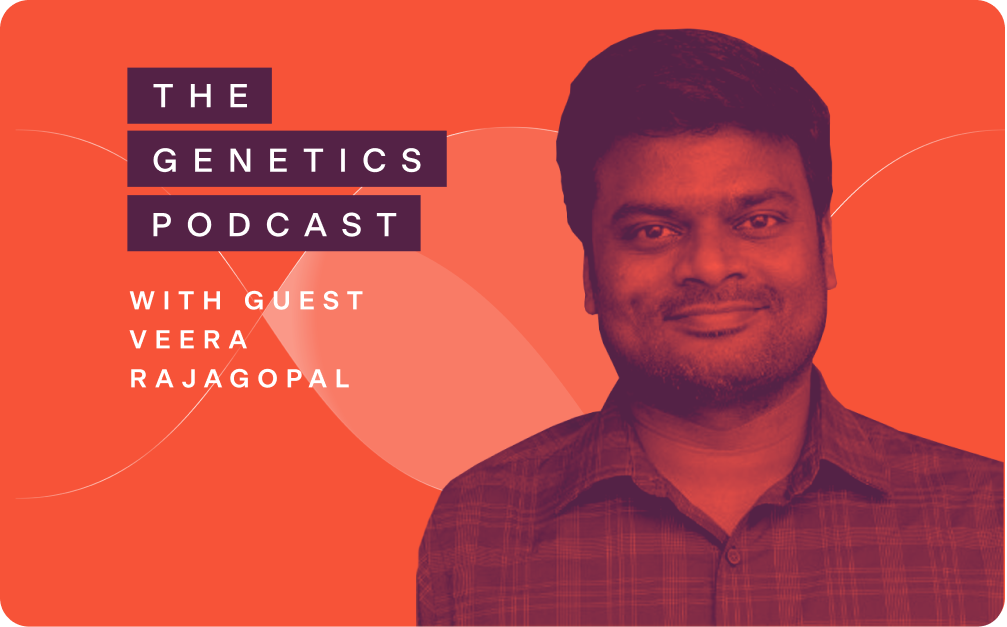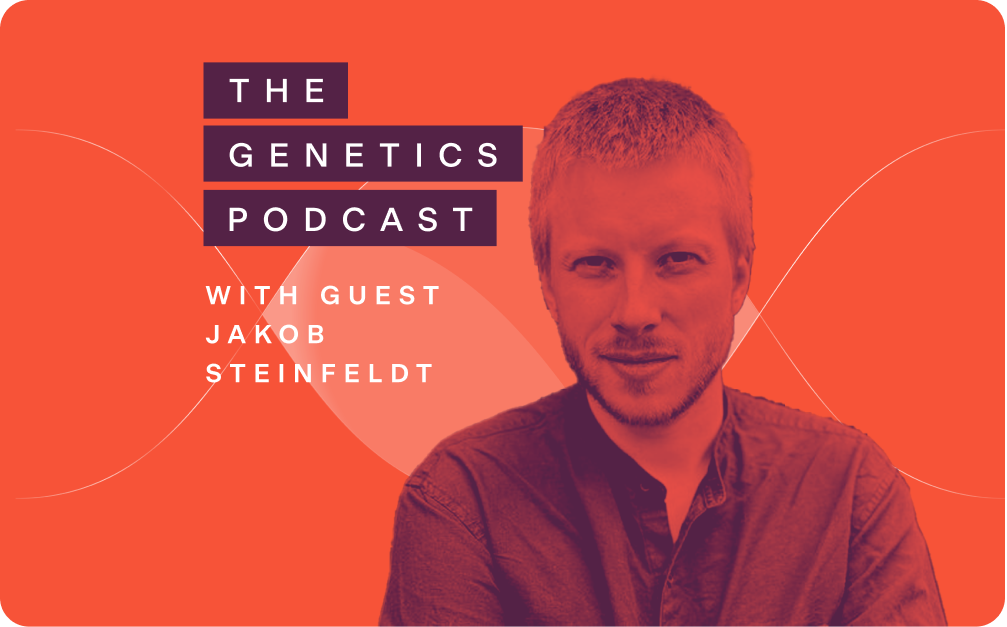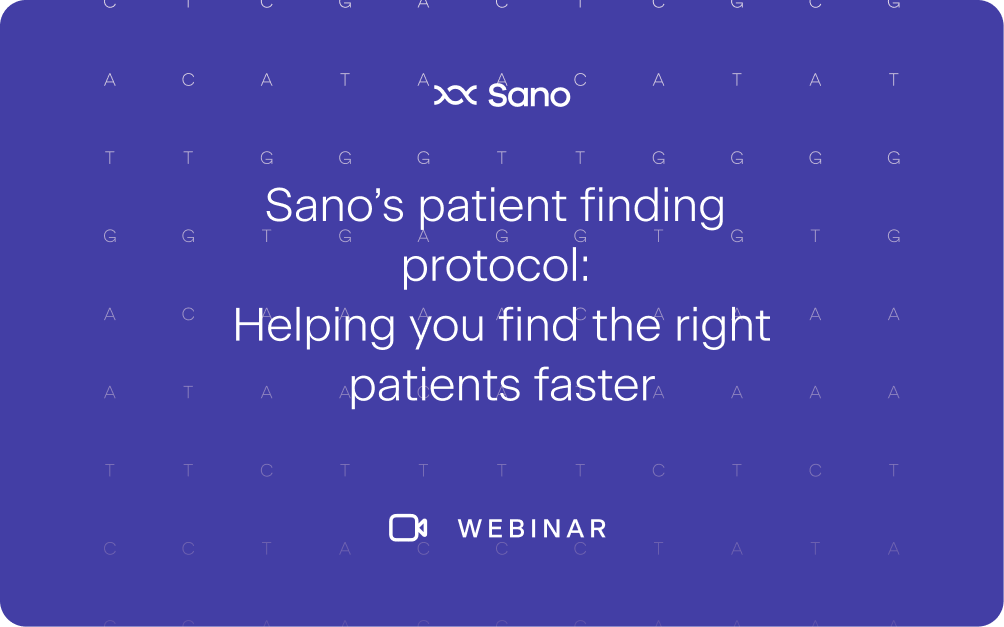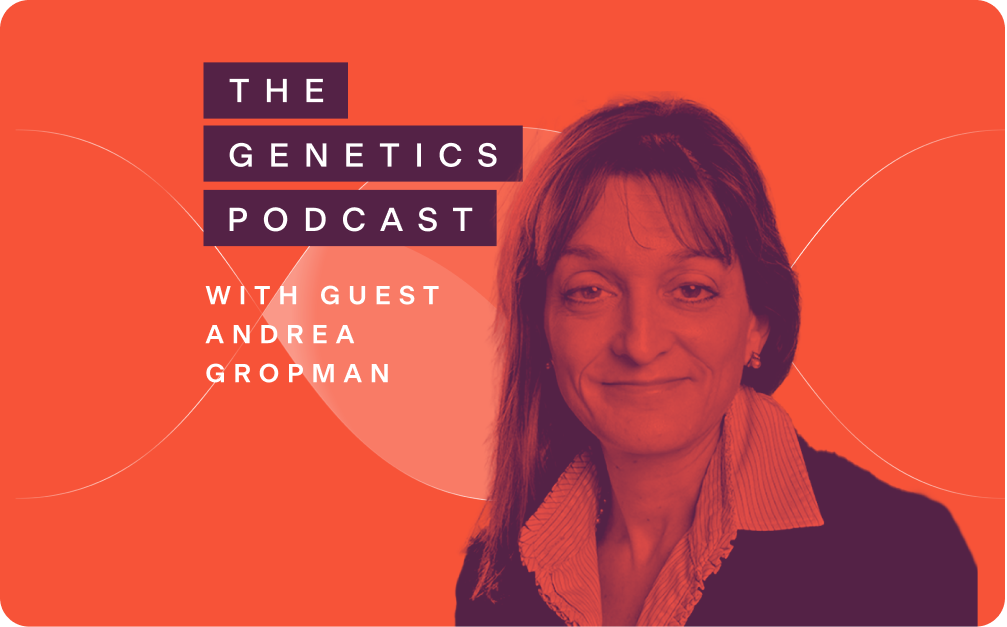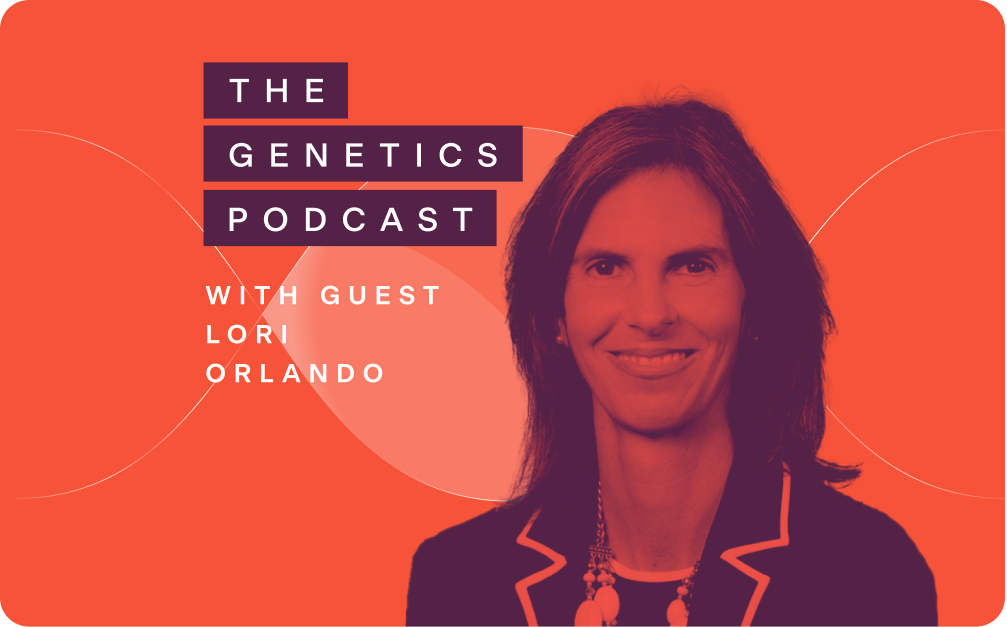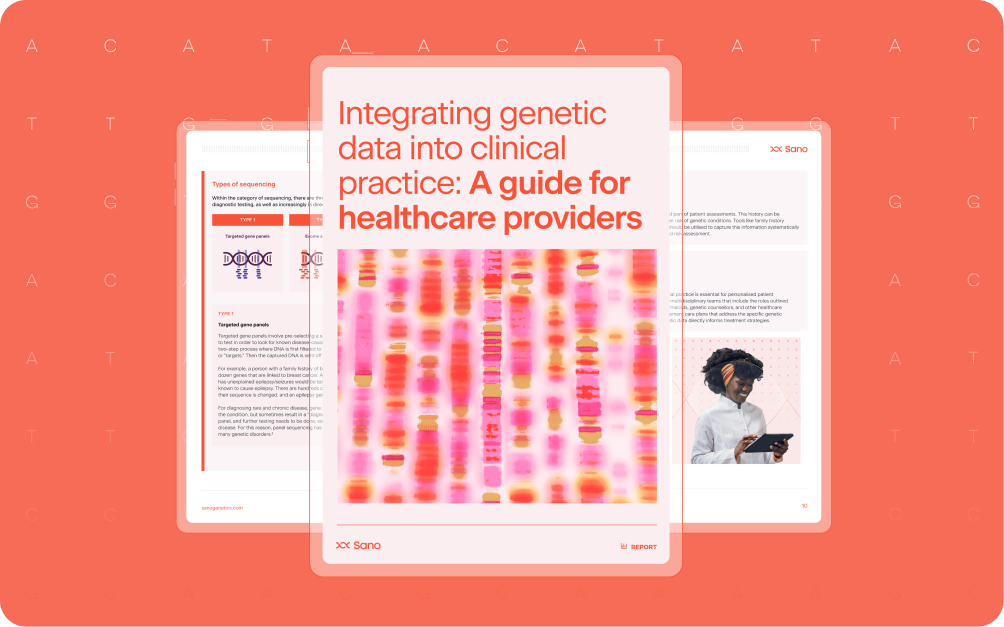Clinical research blog
Explore our blog for insights into the big questions in precision medicine and clinical research.
In the most recent episode of The Genetics Podcast, Sano CEO Dr. Patrick Short explored the latest discoveries in genetics and precision medicine with returning guest Dr. Veera Rajagopal. Dr. Veera, a scientist at Regeneron and quarterly guest on our podcast, provided insights into recent influential studies reshaping our understanding of genetic disorders and their implications for medical treatment.
Predicting how a patient will react to medication or treatment involves understanding many factors, including their genetic makeup. Each patient's genome can hold clues about how they might respond to certain drugs, their risk of adverse drug reactions, or their susceptibility to particular diseases. However, the sheer volume and complexity of genomic data make it challenging for traditional analysis methods to efficiently process and interpret this information.
In the latest episode of The Genetics Podcast, Sano CEO Patrick Short sat down with Jakob Steinfeldt, co-founder and Chief Scientific Officer at Pheiron. Jakob shared his journey from academia to entrepreneurship and the innovative work Pheiron is doing in disease prediction and drug development.
In a recent webinar, Hayley Holt, Senior Programme Manager at Sano Genetics, provided an insightful discussion on Sano's innovative approach to patient finding, starting with the development of a patient finding protocol.
AI's significance in genomics lies in its ability to uncover hidden patterns, provide diagnostic insights, and enhance our understanding of genetic information. The reason AI can be so helpful in genetics is that the complexity and sheer volume of genomic data poses significant challenges to traditional methods, which struggle to efficiently analyse and interpret this information. AI addresses this hurdle by offering computational tools capable of handling, extracting, and deciphering valuable insights from a huge amount of data.
Integrating precision medicine into clinical practice offers immense benefits for patient care but also poses significant challenges and ethical considerations that need careful navigation in the coming years. Here's a summary of the key issues:
In the latest episode of The Genetics Podcast, Sano CEO Patrick Short had a fascinating discussion with Dr. Andrea Gropman, a distinguished expert in paediatric neurology, genetics, and inborn errors of metabolism. Dr. Gropman shared her extensive experience in the field and discussed the challenges and opportunities in integrating genetics and genomics into modern medical practice.
Last week on The Genetics Podcast, Sano CEO Patrick Short sat down with Lori Orlando, Director of the Precision Medicine Program at the Center for Applied Genomics and Precision Medicine at Duke University. Lori shared her journey from mathematical modelling to integrating family history and genetic data into primary care, discussing the impact of genomics on healthcare and the future of personalised medicine.
The incorporation of genetics into contemporary clinical practice is essential for facilitating personalised treatment plans and early diagnosis, and can lead to significantly better patient outcomes. This guide provides healthcare providers with a comprehensive overview of how to effectively integrate genetic data into clinical settings. Here are some key points covered:
In terms of identifying and supporting at-risk populations, genomics has multiple potential applications in frontline healthcare. While confirmation of an underlying genetic factor can’t currently change patient outcomes, it’s hoped that collecting genomic data will enable families to quickly identify members at increased risk, and ultimately accelerate the development of potential new drug targets and personalised treatment journeys.

